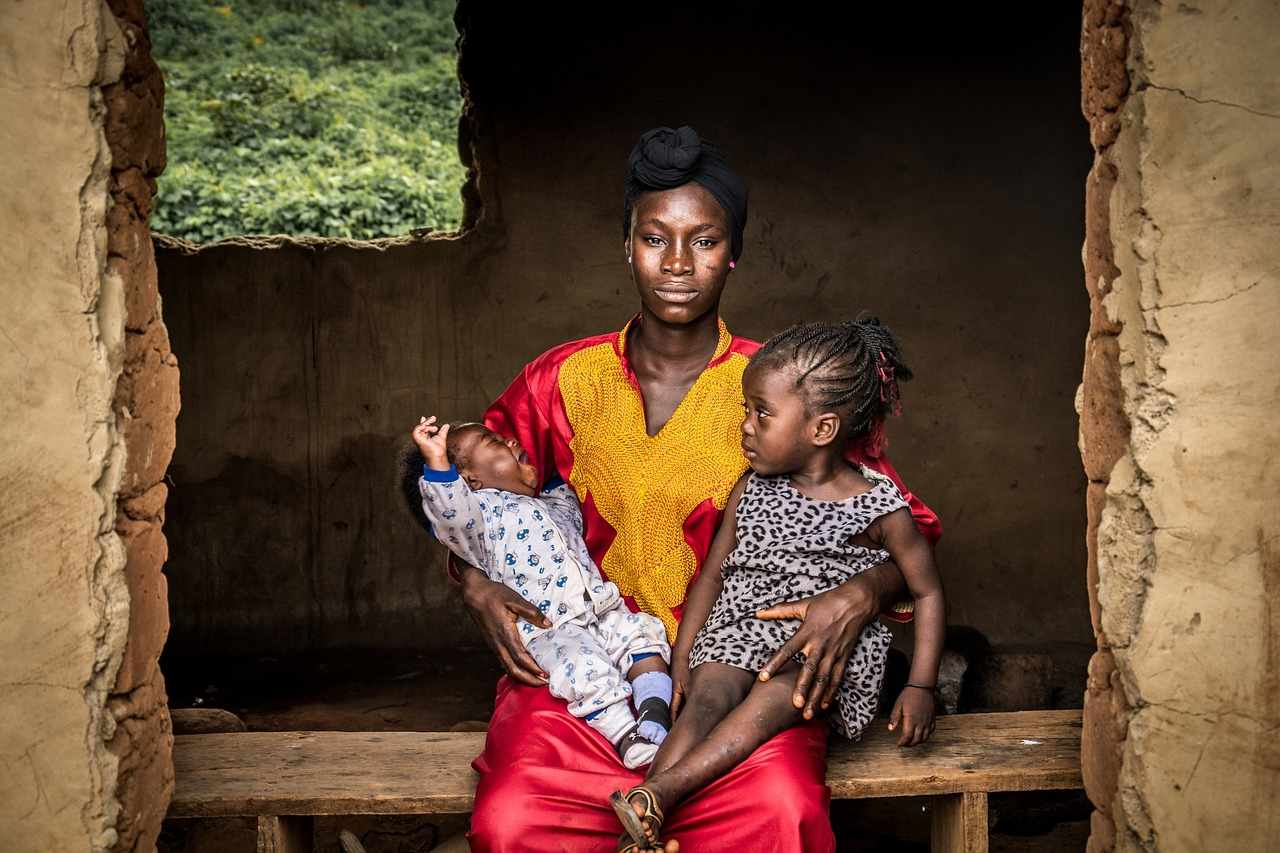India does not seem to be doing enough for prevention of human trafficking, which is why it remains a Tier 2 country on that front. While the government is taking efforts for rescue and rehabilitation, little is being done for victim protection and compensation. National Crime Records Bureau data reveal that there were 38,503 victims of human trafficking between 2011 and 2019. However, as per replies from RTI queries, only 77 victims have received their due compensation during the period. The total number of applicants who applied for it was also very low at 107, of which 85 were found eligible and 77 compensated.
Lack of awareness
A majority of victims are not aware that they are eligible for compensation. Moreover, applying for compensation requires proof of being trafficked, which is very difficult to produce. For instance, a victim from Maharashtra who was trafficked to West Bengal will have to submit a copy of the FIR filed at the police stations of both locations. The procedures involved are complicated and few victims have access to legal counsel. Thus, even those victims who might be aware would be deterred to seek compensation given the arduous nature of the task.
As per Section 357-A of the Code of Criminal Procedure, “Every state government in coordination with the central government shall prepare a scheme for providing to compensate [trafficking] victims who have suffered loss or injury and require rehabilitation.” Thus, compensation is a state subject. Two authorities responsible for providing compensation in every state are SLSA (State Level Service Authority) and DLSA (District Level Service Authority). It has also been observed that data maintained by these institutional authorities is either not updated or has discrepancies.
Anti-trafficking bill
The Trafficking of Persons (Prevention, Protection and Rehabilitation) Bill was passed by Lok Sabha in July 2018. It is likely to be discussed in the second budget session beginning March 2. The proposed amendments including massage parlours, domestic help recruiting agencies and imagery related to trafficked children within the purview of the bill. These amendments are welcome. However, better implementation can be ensured when rescue, rehabilitation, and compensation go hand-in-hand. Those running shelter homes, NGOs working in the field, lawyers and other social activists would have to take it upon themselves to raise awareness so that every victim can demand for compensation and start living a new life all over again. At the same time, the government must not only encourage victims to apply, but also simplify the procedures and assist them so that they do not feel intimidated by the process. The administrative functions of processing and approval of applications must also be done faster. These are essential to make it easier for the victims to begin again.












